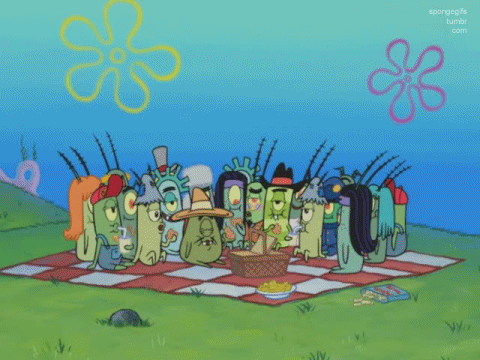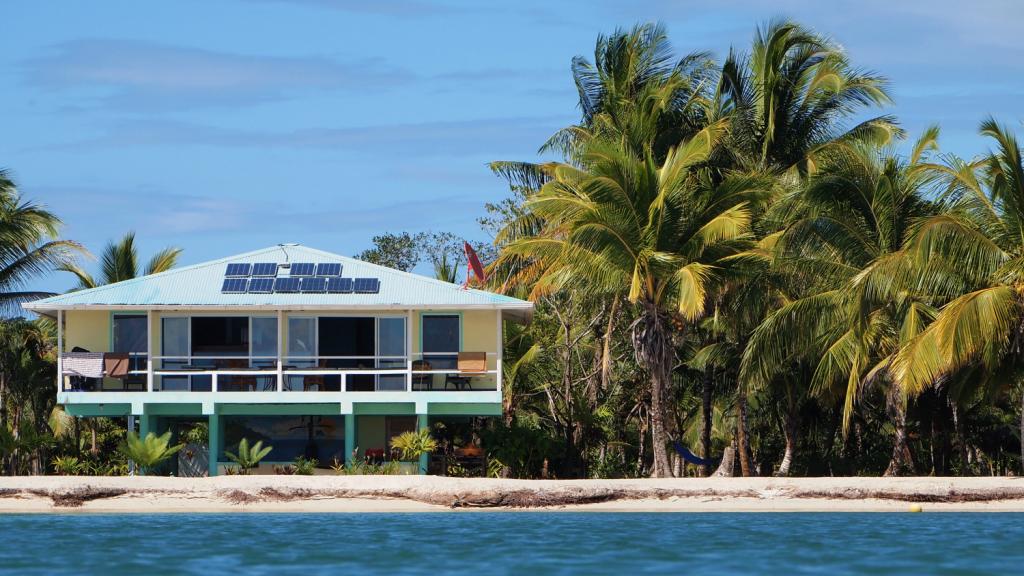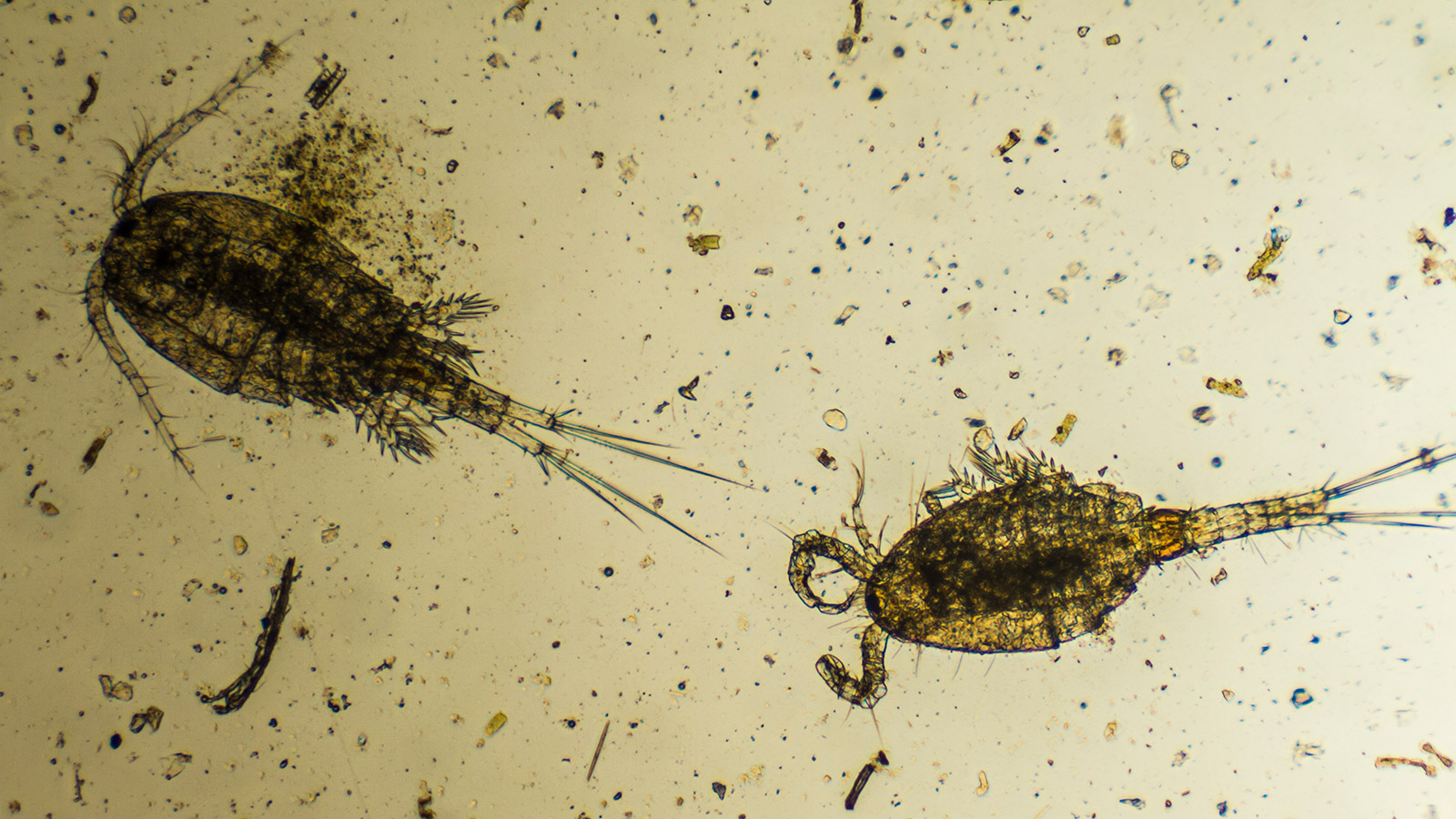Here’s a slightly alarming tidbit of news for your Friday: Plankton — that wonderful array of microscopic creatures floating in our water — can eat tiny bits of plastic. Why should we care? Well, for starters, plankton are the rock bottom of the food chain. And as this beautifully minimalistic video suggests, if they’re eating plastic, we probably are, too.
Quartz has the story:
Plankton are tiny organisms that live in water and provide an important food source for other aquatic creatures like fish and whales. When plankton consume toxic plastic debris, it is likely that the animals higher up the food chain will also be contaminated.
In the video above, the U.K.-based production team, Five Films, headed by environmental documentarian Verity White, captured how zooplankton, a species of plankton, accidentally eat plastic.
Zooplankton, which vary in size from 200 millimeters (about 8 inches) to 2 micrometers (or 0.0002 millimeters), usually feast on algae by kicking their legs to agitate the water and then siphoning the water and algae into their mouths. For the film, White and her team put the plankton under a microscope and used fluorescent plastic pellets to observe how the toxic synthetics were imbibed and processed by the plankton.
As disconcerting as this video may be, it may err a little too much on the side of: “PLASTIC: duh-duh-duh-DUH.” There’s more research to be done into how the rest of the food chain could be impacted by all this microbead-munching plankton. Regardless, footage of these little guys with plastic in their bellies is another reminder that plastic really is everywhere.




